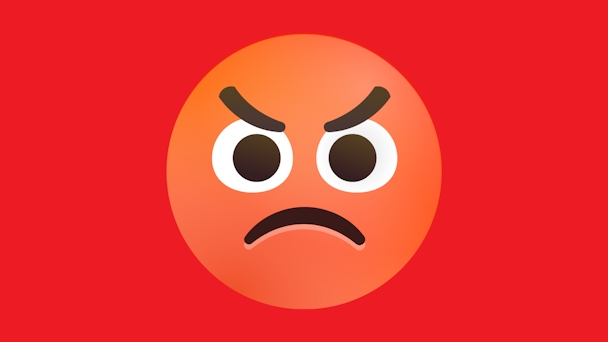It’ll take more than ‘empathy’ for marketers to reach Trump’s majority
Donald Trump’s presidential return puts many marketers in a difficult spot. Can they get over it and effectively engage with the same ‘deporables’ and ‘garbage’ the Democrat campaign couldn’t? Editor-in-chief at The Drum Gordon Young explores.

Jill Smith’s recent CEO Soapbox on The Drum argues for a more empathetic approach in response to the re-election of Donald Trump from marketers. She suggests that brands, leaders, and businesses embrace ‘educated empathy’—a kind of heightened understanding of others’ viewpoints, even those fundamentally opposed to their own.
It’s a noble sentiment.
But does it miss a much larger point? While empathy is critical, we also have to recognize that a majority of Americans have now cast their votes, and, like it or not, they made a clear choice. We can’t dismiss that as merely a product of misunderstanding or lack of empathy.
In many ways, Smith’s call for empathy could be seen as a call to bridge a divide that, for a lot of Americans, may not feel like a divide at all. To many voters, Trump represents their values, fears, and aspirations. It’s an expression of a viewpoint, not a misunderstanding that requires extra effort to comprehend. Trying to gloss over this reality by suggesting that all we need is more ‘educated empathy’ from brands or leaders might even be seen as a little out of touch.
Trump’s re-election was a decision by millions of voters who want what they see as a return to their vision of America. Whether or not that resonates with you, it’s important to acknowledge it for what it is—a clear stance on values, not a misunderstanding waiting to be corrected through dialogue.
Want to go deeper? Ask The Drum
While I’m not saying Smith is guilty of this, it doesn’t take long to find examples of brands and leaders holding empathy sessions, attempting to ‘educate’ the masses into a different perspective. From that there’s a risk they come across as out of touch, perhaps even condescending. The message becomes one of “we understand you better than you understand yourself,” which doesn’t resonate with people who already feel their vote is a clear expression of their needs and beliefs.
Advertisement
Agency leaders often miss a fundamental truth about brands: they’re not in the business of fixing societal divides. Yes, brands can, and probably should, be voices for good, but asking them to bridge profound political divides may be a step too far. Brands aren’t democracies or governments—they exist to serve their customers and shareholders. If we ask them to do more than that, we risk overreaching, placing undue pressure on organizations that are fundamentally commercial in nature.
The real question, perhaps, isn’t whether we need more empathy. It’s whether we need a bit more respect for the democratic process and the fact that people have spoken. Instead of trying to steer them toward a different viewpoint, maybe brands should focus on being relevant to their audience in the here and now. This may mean acknowledging that many people voted the way they did for very specific reasons and that this was an informed choice, not a misunderstanding that empathy can fix.
Advertisement
In the end, brands can still play a role in fostering conversation, but they should also be careful not to alienate the very people they aim to connect with. Let’s respect the fact that people made their choice, and perhaps, rather than doubling down on ‘educated empathy,’ it’s time to simply listen.
Read more opinion on The Drum. More from Gordon:
